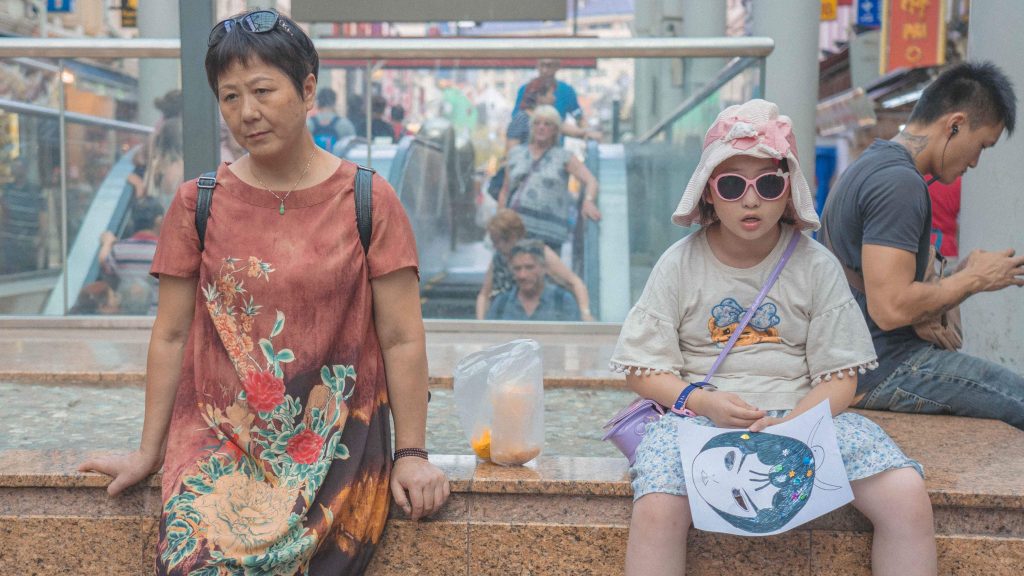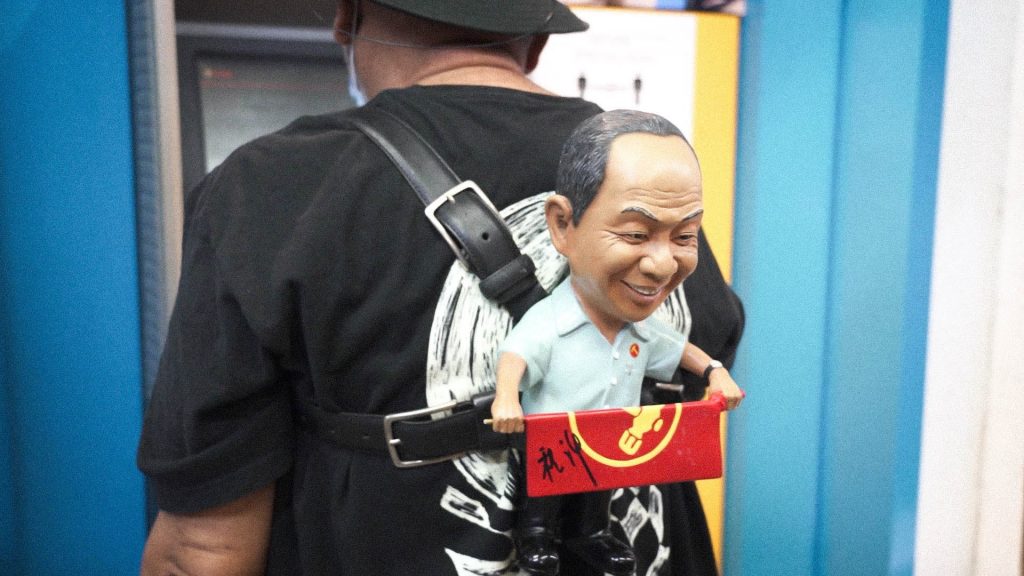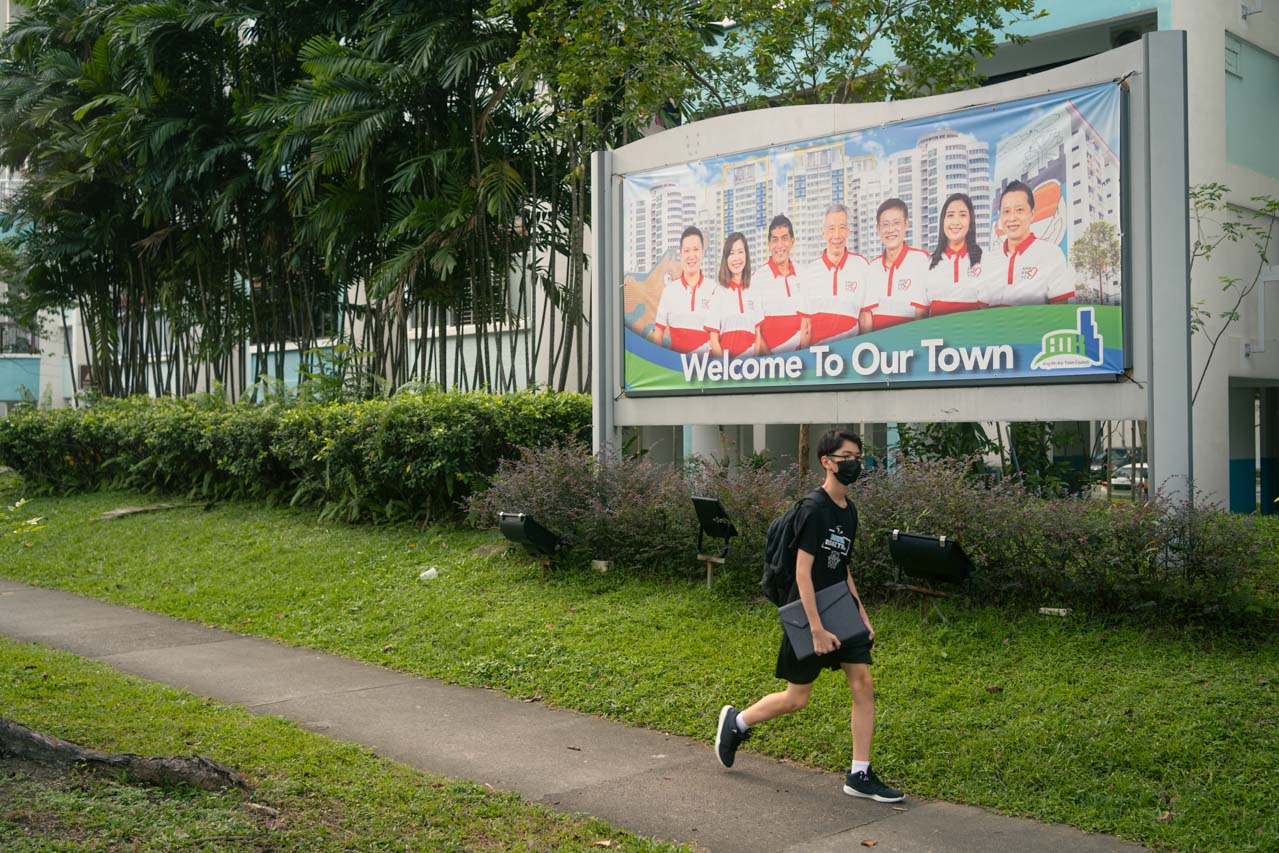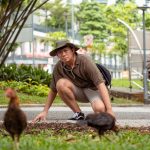Top Image: Stephanie Lee / RICE File Photo
It’s a common argument: 18-year-olds simply do not have the maturity and experience to head to the polling stations and vote. One ‘GRWM for Polling Day’ TikTok—as it is prophesied—is far too many. Brace yourselves for the next General Election.
Should political opinions rest solely on the level-headed and mature? Sure.
I wasn’t concerned about politics or my future when I was 18. My main concerns were my ‘A’ Level grades, the opening line I should use for a recent Tinder match, and whether I’d survive National Service. Not necessarily in that order, I might add.
I wasn’t engaged enough with politics to vote. Or was it the other way around? I couldn’t vote, so I didn’t have to bother with politics. The serpent eats its own tail.
Either way, I had little to no stake in the country’s future back then. Or so I thought.
One of my Enciks once joked that if the Singapore Armed Forces was a camel, I was nothing more than a flea on the camel’s testicles. He could vote; I couldn’t at the time. But I digress.
When the clock struck midnight on my 21st birthday, the collective political wisdom of the Pioneer and Merdeka Generations came to me in a dream.
According to the logic of the powers that be, I was reborn as a new man. Wise, mature, and ready to head for the polls.
Of Political Maturity and Cognitive Ability
Parliamentary questions about lowering the voting age appear every so often. They go through the same news cycle by causing a commotion and die out after a few weeks.
In 2019, MP Dr Lim Wee Kiak (Sembawang GRC) popped the question about lowering the voting age. Then, it was MP He Ting Ru (Sengkang GRC) in 2021. MP Gerald Giam (Aljunied GRC) followed this line of questioning a year later. Most recently, it was MP Sylvia Lim (Aljunied GRC).
Minister Chan Chun Sing responded on four different occasions in the last four years. He explains to Dr Lim in 2019 that voting requires experience and maturity. Whether 18-year-olds are mature enough, he doesn’t specifically say.
Subsequent answers by Minister Chan Chun Sing simply referred to the answer which was given to Dr Lim.
The argument goes that maturity and experience are seemingly out of reach for Singapore’s politically sandwiched class—18 to 20-year-olds. Their young feeble minds are at risk of being tilled by nefarious actors.
With woke ideas and social justice propaganda going around, only wrong choices will be made at the ballot box, right? The only meaningful political engagement seems to be the right kind of engagement.
Why stop there? The time saved from scrapping mid-year examinations in schools can now be diverted towards testing would-be voters’ cognitive abilities. Some are more than willing to make that trade-off—be more inclusive in our educational pathways, but more exclusive at the ballot box.
After all, some have cited the scientific studies that Singaporeans should only vote when their brains are fully mature; voters should be much older than 21 when they first head to the polling stations.
On the flip side, when cognitive function rapidly deteriorates, Singaporeans should not be voting at all.
Let’s ignore the glaring violation of the principle of equality in a democratic society for a start and turn to scientific findings. A developing brain doesn’t mean that you’re not able to express your political opinions coherently. Likewise, a deteriorating cognitive function doesn’t mean you can’t express your judgments clearly.
Of course, there are young Singaporeans who would readily admit their ignorance of political issues—they haven’t met many people outside of their own social circles or don’t entirely comprehend some of society’s pressing issues.

Being apolitical is also a political stance; your current lived experiences simply haven’t called for you to engage in political issues. That’s a privilege in and of itself. And I dare say some Singaporeans are comfortable enough that they’ll never need to engage in political issues.
But there are people, particularly youths, that are concerned. Think about valid opinions which are carelessly dismissed as woke or part of the nefarious social justice propaganda. Sure, there are outlets for youths to voice their concerns. None of them are as direct as heading to the polls.
Either way, it’s a lose-lose situation. 18 to 20-year-olds are either politically unaware or their political ideas are dismissed as immature. No voting for them.
Freedom and Financial Independence
Along with accusations of immaturity comes the idea about economic stakes; your vote is reliable only if you have skin in the game.
Sure, citizens comfortably nestled in their own BTO flats will weigh their own economic and political interests with their own social causes. That’s a vote that can be depended on.
Now, the idea of financial independence comes into play. But doesn’t someone who is currently dependent on their parents or caretakers—and taking their first steps towards financial independence—have an economic stake as well?
The change they want to see might not be as tangible as access to BTO flats. Most times, they’re aspirational wants in matters like gender equality, mental wellness and empathetic capitalism. Those should count all the same.
Of course, all of this sounds eerily similar to earlier versions of democracy—ones which we’ve gotten rid of for good reason. Case in point, the United States. Only white men who owned property were allowed to vote in the United States at first.
Yes, Singapore’s version might not be an exact replica but it maintains its essence: Physical embodiments of economic stakes count much more than aspirational ones. Perhaps, it’s time to shift what we think it means to have economic stakes in the country.

Progress Should Be Linear. Not Circular.
What’s striking is that we’re so far removed from when democracy was first conceived that we’re now turning to the past for progressive ideas.
Would it be fair to say that preventing politically-conscious 18-year-old Singaporeans from heading to the polls is akin to only allowing a certain class of citizens to vote? It’s hard to argue the case for either side, but we do know that even their Malaysian peers have a right to make a mark.
Fewer political rights mean fewer reasons to care; the cycle continues. It’s even weirder to cry foul when we’re not exactly sure which came first: The lack of political maturity or the lack of opportunities for them to get their concerns heard and acted upon. By the time they turn 21, who knows if they’ll still have the same fire for positive societal change.
Whatever the case might be, the serpent cannot continue to eat its own tail. But only if Singaporeans across all ages agree to put an end to it.







